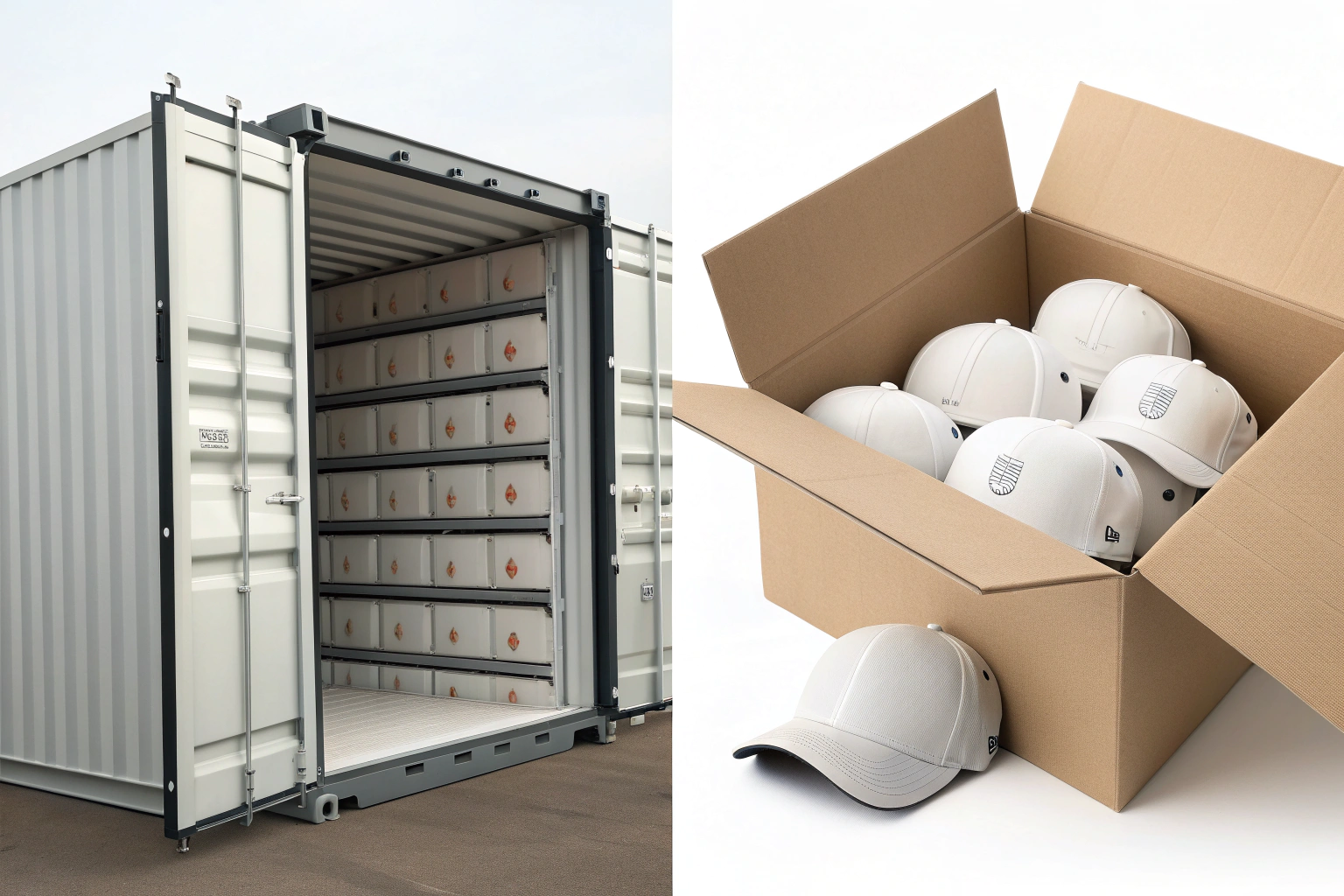When you ship accessories from China to destinations like the U.S. or Europe, the cost of freight can have a big impact on your profit margin. Many companies lose money due to hidden fees, miscalculations, or inefficient billing processes. If you are not careful, small discrepancies in freight charges can add up to thousands of dollars over time.
The key to ensuring accurate billing is a mix of prevention, transparency, and verification. By understanding where mistakes happen, negotiating better terms, and using the right technology, you can protect your bottom line and build stronger relationships with your logistics partners.
In this article, I will share practical strategies that we at AceAccessory use to make sure every freight bill we pay is accurate, fair, and aligned with our contracts. These lessons apply whether you ship a small container of hair accessories or a full load of seasonal products for a big retailer.
Common Billing Errors in International Freight
Mistakes in freight billing are more common than many importers realize. These errors can be intentional or unintentional, but in both cases, they affect your total landed cost. If you are not auditing invoices, you could be paying for services you never received.
The most common errors include overcharging on fuel surcharges, incorrect container weights, duplicate fees, and wrong currency conversions. Some freight forwarders also misapply tariff codes, leading to unnecessary customs charges.

What Are the Most Frequent Overcharges?
Many overcharges come from incorrect fuel surcharge calculations, where carriers apply higher rates than agreed. Another common one is misdeclared shipment weight, which can lead to inflated costs, especially in LCL shipments.
How Can You Avoid Currency Conversion Mistakes?
When paying invoices in foreign currency, ensure the exchange rate matches the contract date, not the payment date. Some freight forwarders use their own conversion rates, which can result in hidden costs. Always double-check with a reliable currency converter before paying.
How to Negotiate Transparent Shipping Contracts?
A clear and detailed contract with your freight forwarder is the first step to preventing billing disputes. Without written agreements, you leave room for interpretation—and surprise charges.
Always request a breakdown of all potential fees before signing. This should include base rates, fuel surcharges, documentation fees, and any potential customs handling charges. The more specific the contract, the less room there is for unexpected costs.

What Clauses Should You Include in Freight Contracts?
Key clauses should define fuel surcharge adjustments, demurrage and detention charges, and dispute resolution procedures. You should also include a no hidden fees clause to protect your budget.
How Often Should Contracts Be Reviewed?
Contracts should be reviewed at least twice a year to adjust for market changes, fuel prices, and new trade regulations. Regular reviews keep your agreements competitive and transparent.
Best Practices for Tracking and Auditing Freight Costs
Even the best contracts will not protect you if you are not actively tracking and auditing your freight bills. Without consistent review, errors can slip through unnoticed.
Create a standard freight audit process that compares invoices against shipment records. Track every shipment from booking to delivery, and make sure your team has access to all related documents in a central system.

How Can You Implement a Freight Audit System?
Use a freight audit software or partner with a third-party auditor to systematically check invoices. This can save significant time and catch discrepancies faster.
What Documents Should You Cross-Check?
Always compare the bill of lading with the commercial invoice and your booking confirmation. Any mismatch in weight, volume, or rates should be flagged immediately.
Using Technology to Improve Freight Billing Accuracy
Technology can automate much of the freight billing process, reducing human error and improving speed. From shipment tracking to invoice matching, the right tools can make a big difference.
AI-powered logistics platforms can detect anomalies, predict costs, and even negotiate rates based on market data. Cloud-based solutions also allow multiple departments to access real-time shipping and billing information.

Which Tools Can Automate Freight Auditing?
Popular tools like CargoWise and project44 integrate directly with your forwarder’s systems, giving you live updates and automated cost checks.
How Can Data Analytics Help in Negotiations?
By using freight analytics, you can analyze historical cost trends and identify negotiation opportunities. This ensures you have real data to back up your rate discussions.
Conclusion
Ensuring accurate billing for freight charges is about being proactive, not reactive. By understanding where mistakes happen, negotiating clear contracts, auditing every invoice, and embracing technology, you can protect your margins and avoid disputes.
At AceAccessory, we work with international clients who expect not only high-quality accessories but also smooth, transparent logistics. If you are ready to work with a professional accessories manufacturer that takes freight billing seriously, contact our Business Director Elaine at elaine@fumaoclothing.com to start your project today.










